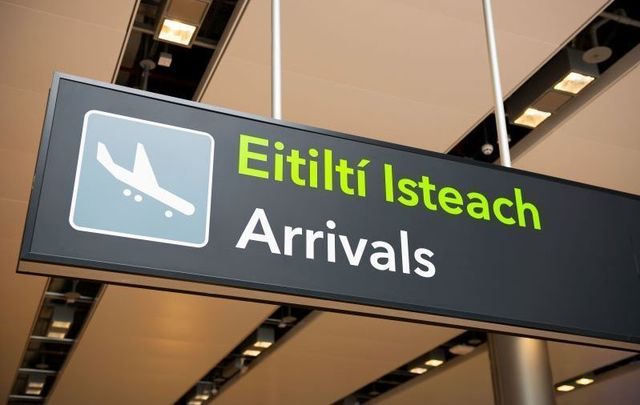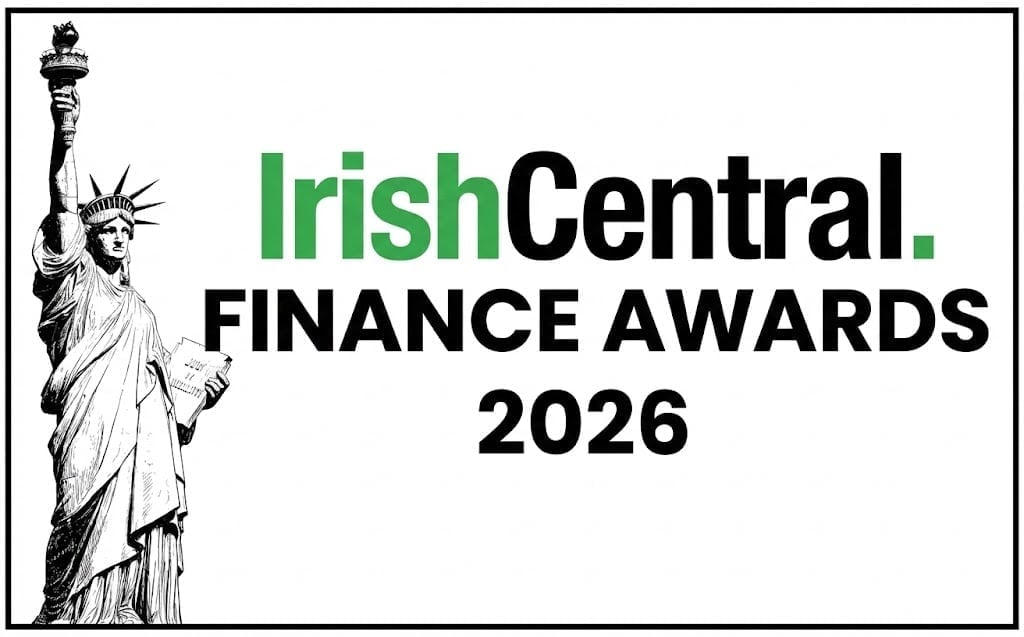UPDATE FRIDAY, DECEMBER 3
The Irish government has delayed the requirement for negative COVID tests for entry into the country from today, December 3, to Sunday, December 5. You can read more here.
~~~
EARLIER - NOVEMBER 30
The Irish government has today outlined new COVID health measures due to the "potential impact of the Omicron variant."
Update 5:15 pm EST:
The Irish government has clarified its statement issued earlier today regarding testing prior to arrival in Ireland.
Here is how testing for entry into Ireland will work depending on vaccination status, effective this Friday, December 3 from 12:01 am:
Vaccinated or recovered:
- Antigen Test: Negative test no more than 48 hours before you arrive
- RT-PCR Test: Negative test no more than 72 hours before you arrive
Not vaccinated:
- Antigen Test: Not valid
- RT-PCR Test: Negative test no more than 72 hours before you arrive
If you do not have a Digital COVID Certificate based on vaccination or recovery, you have to show a negative ('not detected') RT-PCR test which was carried out no more than 48 hours before you arrive in Ireland
If you have proof of vaccination or recovery from COVID-19, you have to show a negative ('not detected') antigen test which was carried out no more than 48 hours before you arrive in Ireland. Alternatively, you can show a negative ('not detected') RT-PCR test which was carried out no more than 72 hours before you arrive.
Antigen tests have to be carried out by approved professionals - you can not test yourself.
In situations where a person is required to present evidence of a negative ('not detected') RT-PCR test result prior to travel and is unable to do so due to a persistently positive RT-PCR test after recovery, then a positive RT-PCR test result will be acceptable which was taken no less than 11 days and no more than 180 days prior to arrival to the State.
You can stay up to date with Ireland's international travel advice and regulations here.
EARLIER
Effective from 12:01 am this Friday, December 3, vaccinated or COVID-recovered people arriving into Ireland will be required to have a certified 'negative / not detected' test result (not self-administered) from an antigen test taken no more than 48 hours before arrival in Ireland, or a PCR test taken no more than 72 hours before arrival, the Irish government said today.
It is envisaged that children aged 11 and under are to be exempt from the testing requirement, in line with existing regulations.
Air and sea carriers will be required to carry out pre-boarding checks for compliance, supplemented by BMU/GNIB spot-checks on arrivals at ports and airports.
This measure will apply for a minimum period of two weeks and will be kept under review with a view to removal as soon as possible thereafter taking account of the overall epidemiological situation.
Previously, travelers who had valid proof of full vaccination or recovery were not required to present negative COVID test results. You can view all of Ireland's current travel regulations here.
The new requirements for international arrivals into Ireland come in addition to the Irish government's advice to parents to reduce indoor socialization amongst children aged 12 and younger over the next two weeks.
Further, on a temporary basis subject to review in mid-February 2022, the wearing of face masks/coverings will be recommended for children:
- aged 9 years and over on public transport, in retail and other indoor public settings as currently required for those aged 13 and over, with exemptions as appropriate; and
- in third class and above in primary school (guidance will issue to schools from the Department of Education on this).
In a statement issued today, November 30, Ireland's Department of the Taoiseach said: "The COVID-19 situation in Ireland remains uncertain and of concern, with added uncertainty due to the potential impact of the Omicron variant.
"Incidence of the virus is relatively stable but remains at high levels across all age groups and is continuing to have a significant and sustained impact across all aspects of the health service.
"While there is some evidence of a move in the right direction in terms of people reducing their close contacts and cancelling future plans for social interaction, it is not yet at the level required in order to result in a significant reduction in the rate of transmission of COVID-19.
"This means that we need to remain vigilant and do all we can to reduce the transmission of COVID-19."

Are you planning a vacation in Ireland? Looking for advice or want to share some great memories? Join our Irish travel Facebook group.




Comments